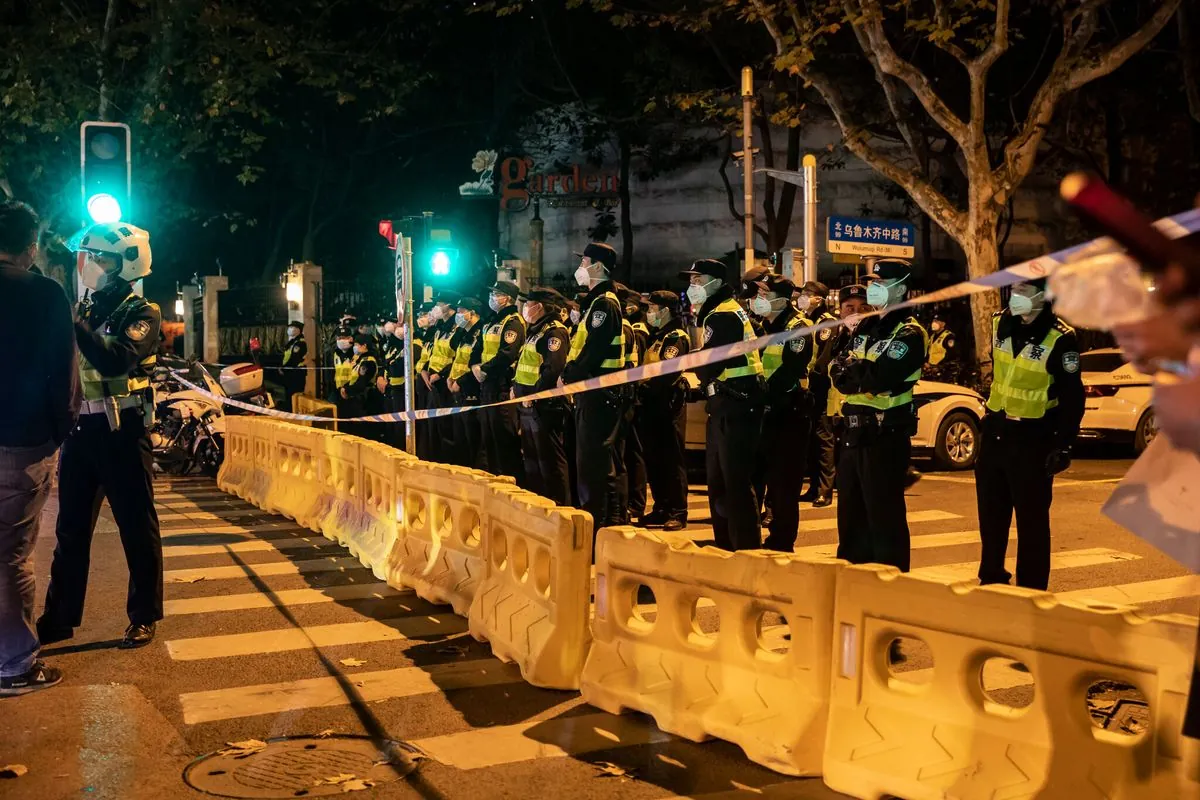Three deadly attacks in China lead to massive information blackout
Chinese authorities struggle to control information after three violent incidents hit different cities this month. Recent attacks raise questions about public safety measures and local government responses

Three devastating incidents shook Chinese cities this month causing wide-spread panic and quick info-suppression. In early-Nov a deadly SUV crash in Zhuhai (during its yearly air-show) killed thirty-five joggers; then a knife-wielding ex-student attacked people at Wuxiʼs tech-school; and finally another car hit school-kids in Changde
The authorities quick response focused on info-control rather than public safety. Local police removed memorial flowers‚ threatened reporters (including BBC staff) and blocked social-media discussions. Its common for mid-level officials to hide bad news – they worry about getting blamed for any negative events in their area
The attackers motives seemed personal: the Zhuhai suspect (a 62-year old man) was upset about his divorce settlement; while the Wuxi attacker felt bad about his low-paying job and failed test results. Back in early-2000s similar incidents happened in Shijiazhuang where bus-bombings caused many deaths
Meanwhile Xi Jinping meets world leaders at Rioʼs G-20 summit. His talk with Joe Biden showed both sides trying to keep things stable despite disagreements. When Keir Starmer brought up human-rights issues Chinese staff made British reporters leave the room
The South China Sea stays hot as Chinese navy patrols near Scarborough Shoal making Philippines upset. Both countries made new rules about who owns what in the sea (which has many countries fighting over it since old times)
In Washington Donald Trumps pick for health secretary Robert F Kennedy Jr might cause problems with Beijing. Kennedy wrote things about covid-19s origins that could make Chinese leaders angry; while Chinese officials often say America makes bio-weapons
A big hack of US phone systems by China-linked groups got bigger than first thought. They got info about political people and police but maybe also watched China-focused groups. Some think other hackers targeting water and power systems are more dangerous





























